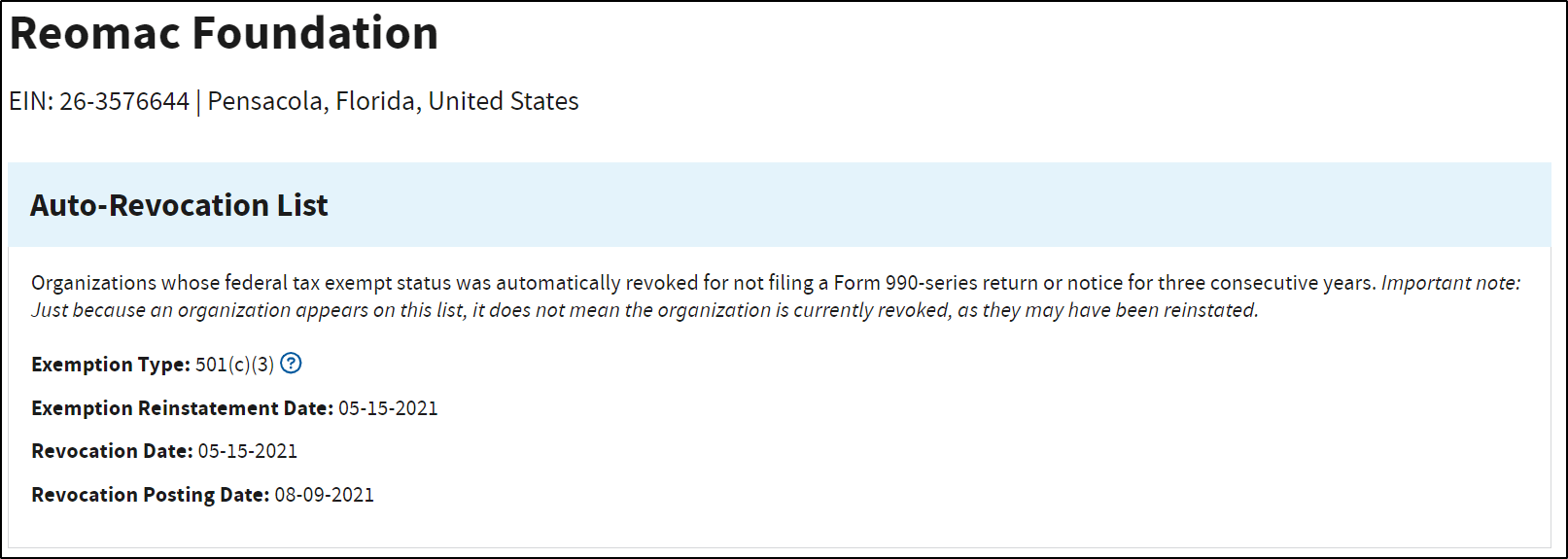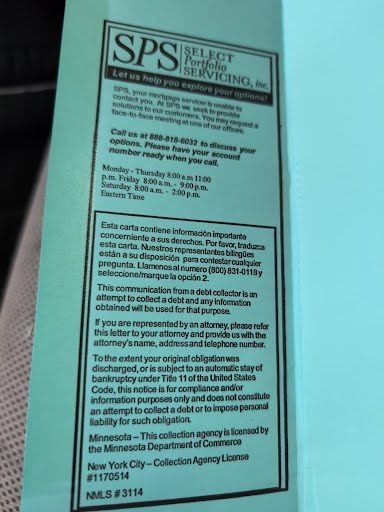When MCS announced on November 7, 2025, that it would sell its mortgage services division—home to its property preservation and inspection operations—to Stewart Information Services Corporation (SISC), the news barely rippled across the national media. Yet within the insular world of mortgage field services, this was no ordinary transaction. It represented the culmination of a decade-long pattern in which institutional investors and title conglomerates absorbed nearly every major independent preservation firm. For Field Service Technicians and Inspectors, the deal signaled something far more ominous: the near-total disappearance of any remaining independent contracting ecosystem that once provided the backbone of the industry’s labor force.
For nearly forty years, MCS built its brand as a dominant service provider to mortgage servicers, offering everything from winterizations to occupancy inspections. Its sprawling network of subcontractors—tens of thousands of laborers who cut lawns, boarded windows, and documented blight—was the invisible infrastructure of foreclosure. Yet, as private equity and venture capital money poured into the housing supply chain, firms like MCS were quietly transformed from operational partners into tradable financial assets. The purchase of Mortgage Specialists Inc. (MSI) and Five Brothers Asset Management was not about service quality but market share. With those acquisitions, MCS effectively cornered multiple geographic markets, and the sale to Stewart only deepens the monopolistic tendency. Where once a dozen regional firms competed, there will now be one vertically integrated conglomerate controlling both title insurance and property preservation data under a single corporate roof. Sold off three times, once because of a default in nearly half a billion dollars in loans during COVID, it is fair to question whether or not MCS is safe to work for under its new management.
The irony, of course, lies in Stewart’s own history. For over a century, Stewart was synonymous with title insurance and closing services, not with boarded windows or property preservation lockboxes. By acquiring MCS’s mortgage services division, Stewart is not simply expanding its product line; it is extending institutional ownership into a space historically defined by blue-collar labor and small business enterprise. Field Service Technicians and Inspectors, who already contend with wafer-thin profit margins and burdensome compliance mandates, now face the prospect of operating under a corporate structure optimized for shareholder returns rather than equitable pay or fair working conditions. Inspectors, whose reports are used to justify the very work orders that technicians later complete, will likely see their rates subjected to the same downward pressure that private equity firms have long imposed on the preservation side.
The same dynamic was evident when Black Dome Financial acquired A2Z Field Services. This was a financial maneuver disguised as an operational pivot. A2Z had already been a legacy preservation vendor, and the Black Dome purchase was not about field innovation—it was about data aggregation and contract capture. Each successive merger removed one more layer of localized control, transferring power from regional operators who understood their communities to investment managers whose spreadsheets defined productivity solely by margin efficiency. For Labor, this consolidation represents an existential crisis. The institutionalization of mortgage field services has turned technicians and inspectors into interchangeable cost units, and the sale of MCS’s mortgage division to Stewart only institutionalizes that process under the guise of “strategic growth.”
MCS’s press release described the sale as a mutually beneficial partnership, suggesting that Stewart’s acquisition would “elevate mortgage service standards.” But for those in the field, these words ring hollow. The rhetoric of synergy and alignment has long served as camouflage for the gutting of independent labor networks. The same press materials that praise MCS’s “exceptional property preservation services” are silent on the fact that many of those services were executed by subcontractors earning below minimum wage equivalents once expenses were deducted. The executives touting “technology-driven solutions” neglect to mention that these platforms are designed primarily for vendor compliance tracking—not worker safety or wage transparency.
From a macroeconomic standpoint, the acquisition consolidates control of the nation’s foreclosure infrastructure into a handful of corporate hands. Stewart’s existing dominance in title insurance, combined with its new access to preservation and inspection data, creates a vertically integrated pipeline extending from origination to post-default disposition. For regulators, this raises antitrust red flags similar to those that surfaced during MCS’s prior acquisitions of MSI and Five Brothers. Yet the federal government has shown little appetite for intervening in what it perceives as a niche sector, even though these mergers directly impact the condition and disposition of federally insured properties. The irony is that while agencies like HUD and FHA outsource oversight to these very firms, they remain oblivious to how consolidation erodes quality control at the street level let alone prices paid to Labor.
The implications for Labor extend far beyond immediate pay rates. As these corporations merge, their data infrastructures merge as well, allowing them to centralize vendor performance metrics across multiple contract vehicles. This has created a labor surveillance apparatus of unprecedented scope. Field Service Technicians now operate under digital panopticons where missed geotags or out-of-focus photos can trigger scorecard downgrades and work order freezes. Inspectors face similar scrutiny, as their occupancy reports are algorithmically cross-checked against GPS data and time stamps. The promise of “efficiency” has become a euphemism for total behavioral control, reducing the workforce to mere nodes in a predictive analytics system designed to maximize corporate returns.
To those who remember the early years of mortgage field services, the transformation is staggering. The first generations of preservation contractors were family operations—mom-and-pop shops with pickup trucks and local crews who knew the neighborhoods they served. They were not perfect, but they were accountable to their communities. Today, those crews report to venture capitalists whose primary interest lies in quarterly yield. The sale of MCS’s mortgage division to Stewart completes this cycle of corporatization. It is the logical endpoint of decades of financialization in which every human activity—whether cutting a lawn or checking an occupancy—becomes an entry in a balance sheet.
The ethical implications are profound. When property preservation becomes a commodity controlled by financial institutions, the people performing that work are no longer seen as skilled tradesmen but as expendable logistics components. Their livelihoods hinge on opaque vendor portals and compliance dashboards. Each acquisition pushes them further from the decision-making processes that shape their work. The institutionalization of the industry thus mirrors the broader decline of labor autonomy in the American economy, where ownership and accountability are abstracted into boardrooms far removed from the homes being secured or inspected.
Whether this consolidation is sustainable remains to be seen. Stewart’s foray into mortgage services may deliver short-term profit through cross-sector synergies, but it will inherit the same structural weaknesses that have plagued every large preservation firm: chronic labor shortages, vendor attrition, and the impossible economics of low-bid contracting. No algorithm or acquisition can repair an industry whose foundation is built on the underpayment of its most essential workers. The question is not whether Stewart can integrate MCS’s systems but whether it can sustain an operational model that has already consumed its predecessors. For Labor, the answer is painfully familiar—when the capital shifts, the work remains the same, only the names on the paychecks change.
If the past decade of consolidation has proven anything, it is that institutional ownership does not elevate the mortgage field services industry; it extracts from it. Each acquisition—from Black Dome’s A2Z rebranding to Stewart’s takeover of MCS’s mortgage arm—reduces the space in which independent contractors can survive. The industry that once provided a path to self-employment for tens of thousands has been repackaged as a service-as-a-subsidiary model under the control of investment capital. For Field Service Technicians and Inspectors, the message is clear: the fight for fair pay, recognition, and autonomy will no longer be waged against a single company, but against an entire financial architecture that has turned their labor into an asset class.
We reached out to SISC, Stewart’s parent company, for comment. None was forthcoming at the time of this publication.










